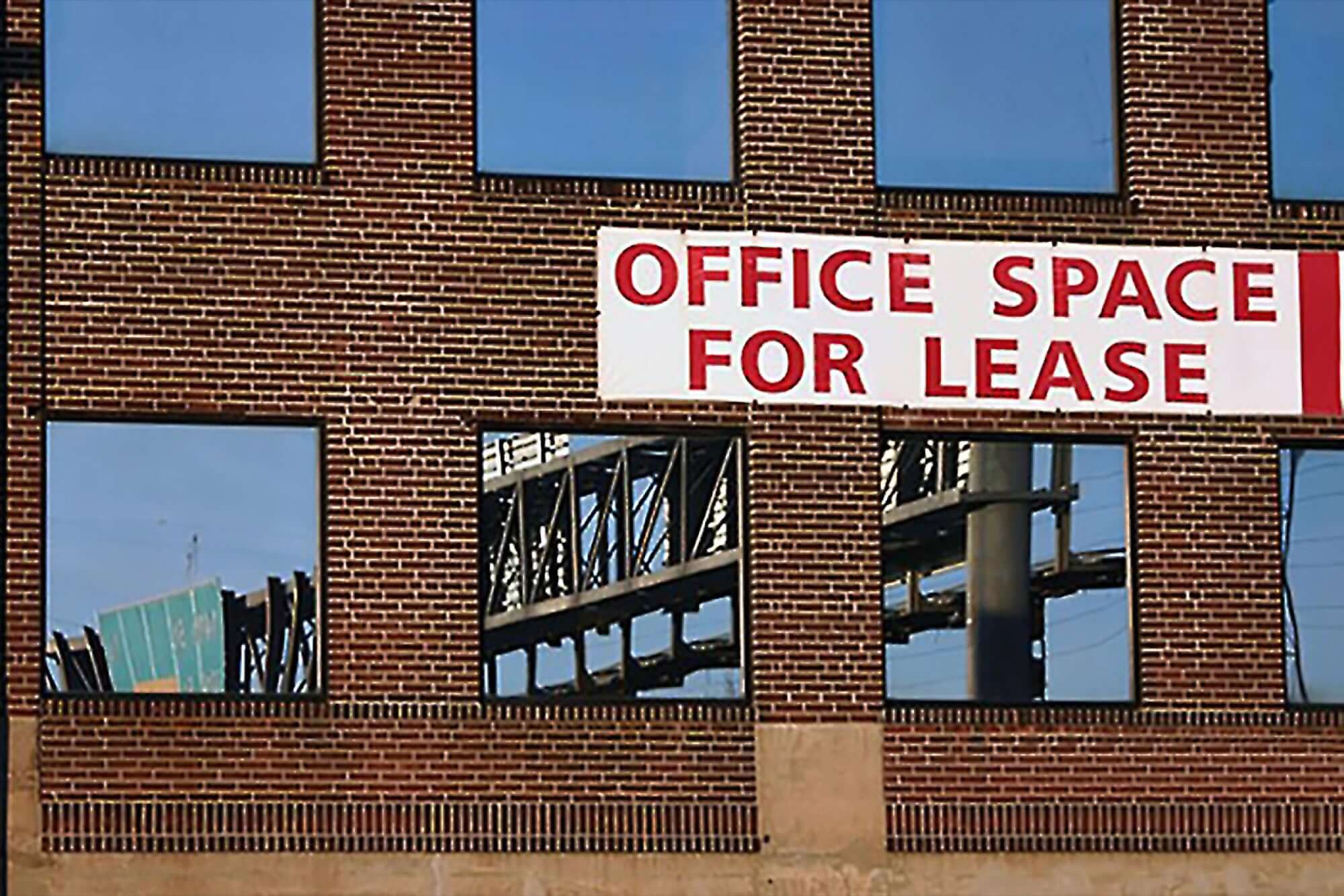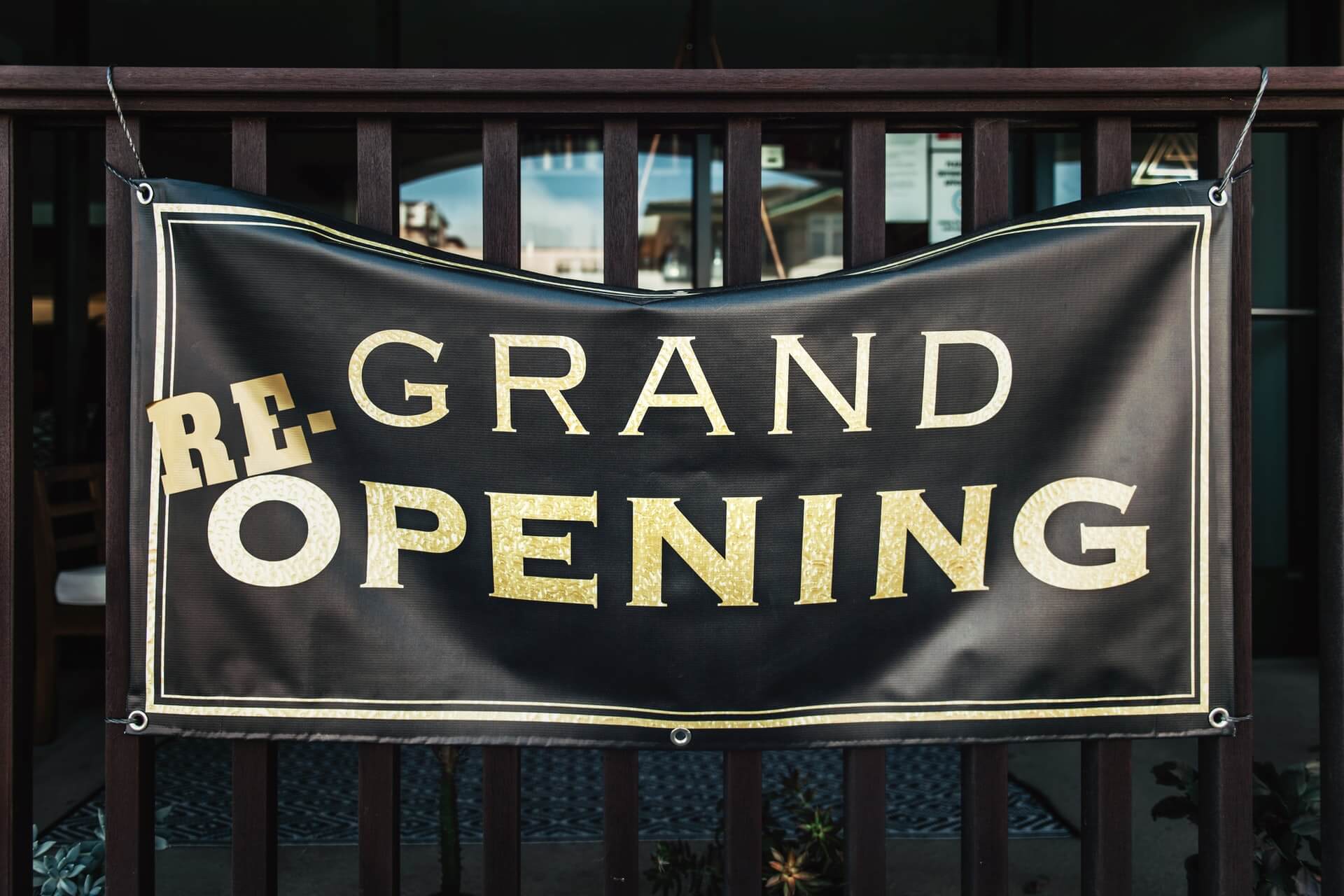

When drafting up, negotiating, or reviewing commercial leases, it is vital to seek informed guidance from an attorney. Yet owners of commercial properties should understand some key terms and clauses and consider in which condition the space can be delivered to the tenant.
Sublease Clause
This is an important clause in the lease agreement that governs whether or not a commercial tenant can lease out space to another tenant.
Not uncommonly, businesses would like to lease out underutilized space to subtenants to realize additional income or the ability to vacate the premises if need be.
Keep in mind that there is no legal relationship between the landlord and the subtenant. The subtenant is not bound by the original lease entered into by the landlord and the tenant, and so the concerns we have are that not all parties are on the same page and that the landlord is hamstrung to enforce obligations that were agreed upon. Untangling complex relationships and setting mutual expectations is something we do well at Bornstein Law.
Having said that, it is the prerogative of the landlord to prohibit the tenant from leasing any portion of the space to a subtenant, if subleasing is frowned upon.
Exclusive Right Clause
Most commonly seen with retail businesses, this exclusivity clause can also be applied to any industry and gives the tenant the right to be the only business that sells a certain product or service in their respective field at the same property.
A nail salon, for example, would not want a competing nail salon in the same strip mall.
Rent Escalation Clause
Commercial rent can be increased on an annual basis or during any renewal options, and this clause spells out how much of an increase a tenant will be subject to.
Commercial spaces can be delivered in a whole host of conditions. It can be presented to the tenant gift-wrapped with a bow, or the physical space can be a disaster zone. Let’s go over some common lease structures.

Cold Dark Shell
As its name implies, the landlord delivers the space in a condition that needs a lot of TLC. It could be down to the studs of the building without electrical, plumbing, etc.
Clearly, the build-out costs are high for the tenant. In turn for the tenant absorbing these costs, the landlord can offer a lower rent and a higher tenant improvement allowance (TIA), meaning the landlord gives money to the tenant to help pay for improvements to a space or a rent grace period while the space is built out. This negotiable allowance is generally referred to in dollars per square foot.
Because TIA typically does not have to be paid back, it can be a huge incentive for a tenant to ink a lease and can be a critical negotiating point when attracting new tenants.
Second-Generation or "hand-me-downs"
The appeal to rent these spaces is that there can be little or no build-out costs, depending on the type of business and the past tenant. For example, when a tenant is seeking space for a restaurant, it may be ideal to rent a space where the previous tenant was also a restaurant. The space is likely to be outfitted with proper ventilation, plumbing, fire suppression, and everything else needed for a kitchen. Commercial stoves and refrigerators can be included, to boot.
In these hand-me-down spaces, a fresh coat of paint, new flooring, and a signage change may be all that the tenant needs to do to open their doors to business.
As a word of caution for landlords who have a vacancy previously rented by a long-term tenant, the space may not be up to code. With maddening regulations in the Bay Area, it can be a harrowing experience to make the property code-compliant, including accessibility for persons with disabilities.
Take, for example, the harrowing story of a couple who took over a small restaurant in order to serve their renowned ramen to 10 guests a night, three times a week. Even the most tenacious entrepreneurs were no match for a maddening bureaucracy, with the couple racking up over $100K in expenses in order to open up shop, as this San Francisco article reports.
Parting thoughts
Although Bornstein Law is recognized as one of the foremost practitioners in managing residential rental relationships, we are not a one-trick pony. Our firm can future-proof the business of commercial property owners by helping to put together an ironclad lease and handle any disputes that arise from more savvy, sophisticated tenants.